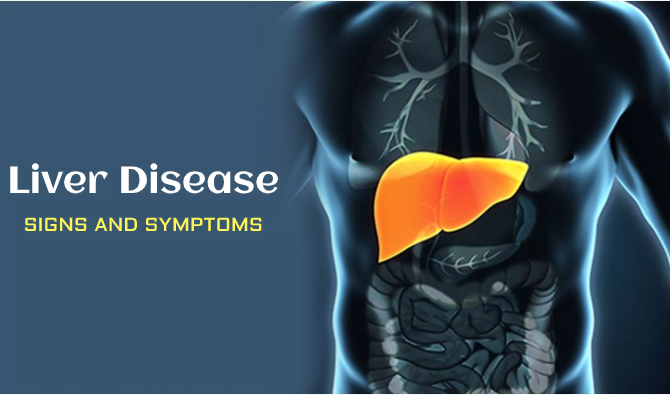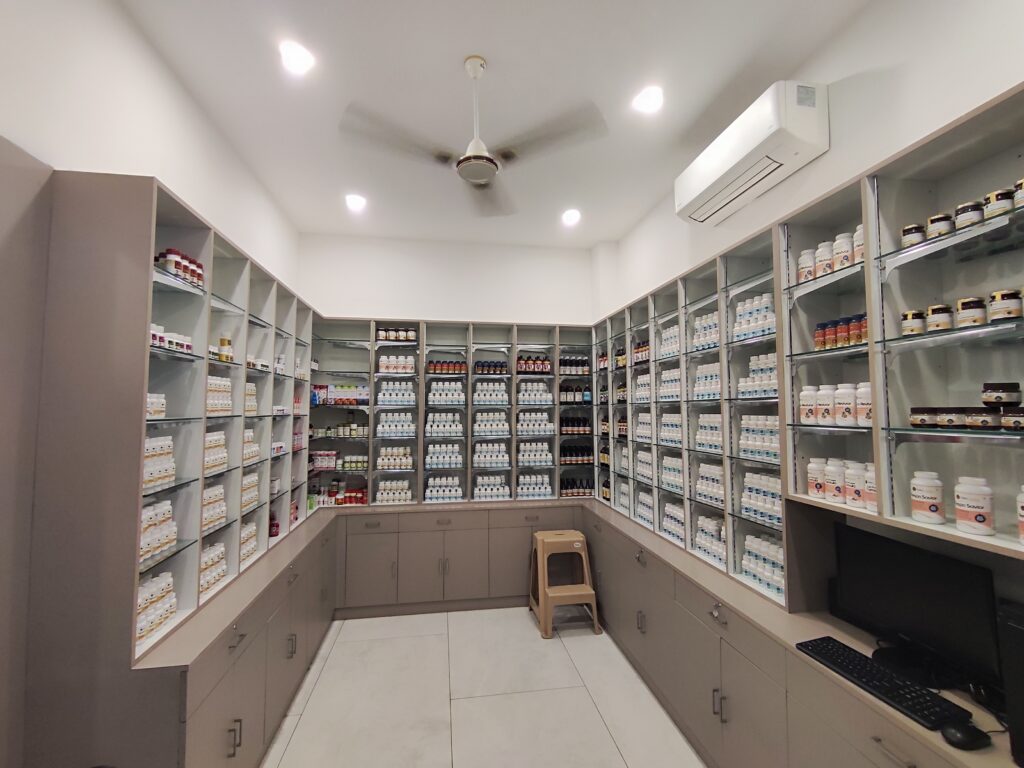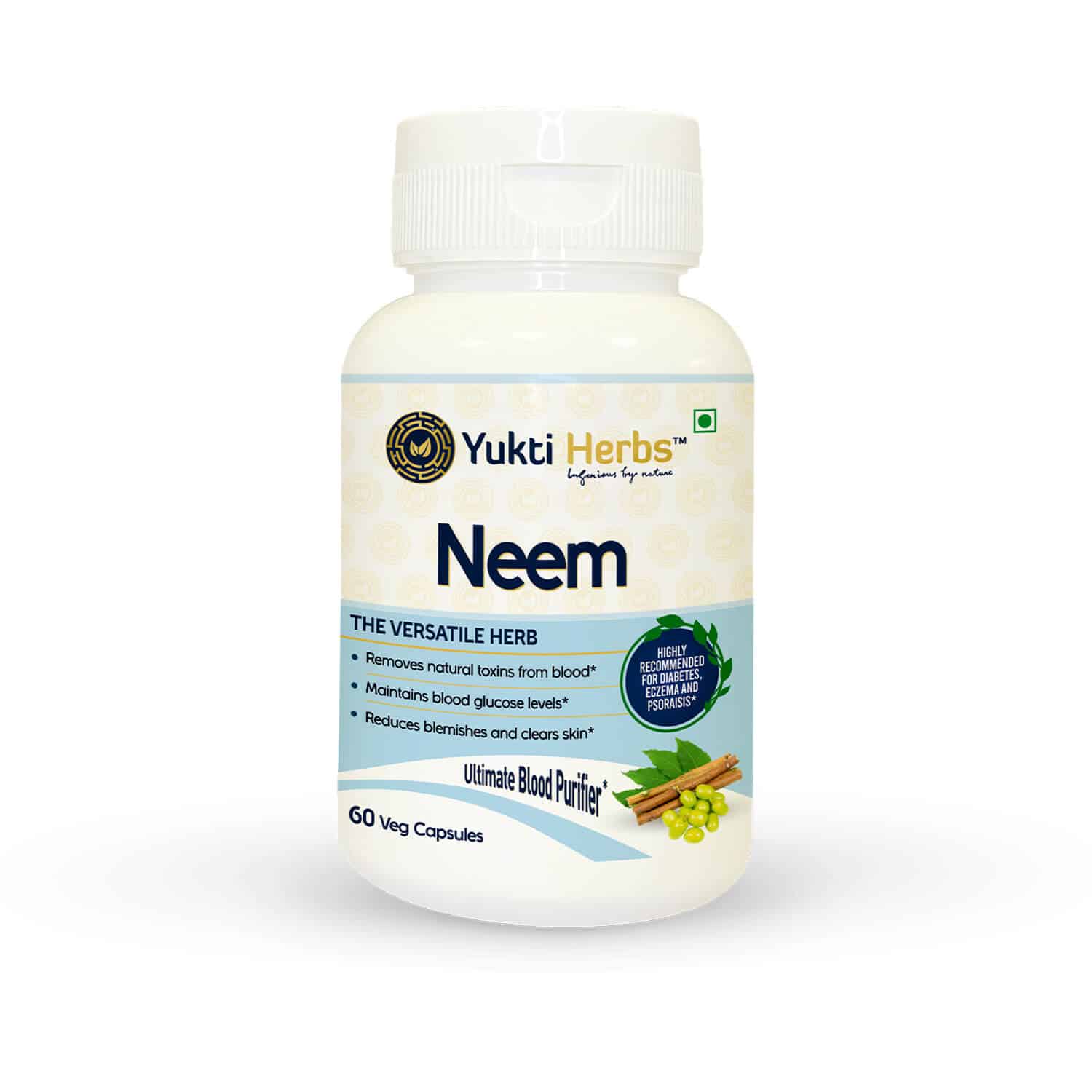Neem Introduction
Neem is a well-known medicinal plant, which is widely used in the preparation of several Ayurvedic formulations. It is considered a ‘versatile herb’ in Ayurveda because of its time-tested therapeutic properties to support the body, mind and spirit.
Neem is the ultimate blood purifier. The use of Neem is specifically beneficial for treating skin disorders and Diabetes. Neem can rejuvenate the tissues and cleanse the body channels in a natural manner. Neem can eliminate toxins from the blood, maintain healthy glucose levels, manage inflammation, treat dental disorders and cure all kinds of skin problems.
Ayurvedic practitioners have been using Neem for more than 4,000 years to treat several diseases. Other than Ayurveda, Neem is also extensively used in Unani, Chinese and Homoeopathic medicine systems. The health benefits of Neem are largely attributable to the fact that it is an excellent source of antioxidants.
At Yukti Herbs, the best quality of Neem is available in a packing of 60 capsules, which means 1 full month of supply!!
Neem Synonyms
The scientific name of Neem is Azadirachta indica. The Neem tree – also called Neem tree, Margosa Tree, Holy Tree or Bead Tree – belongs to the fast-growing Meliaceae mahogany tree family.
Neem is commonly known as Nim, Nimba, Praneem or Margosa. However, there are several synonyms of Neem in Sanskrit. These synonyms are:
- Arishta
- Pichumarda
- Picumanda
- Hinguniryasa
- Sutikta
- Subhadra
- Shukaprya
- Sarvatibhadra
- Yavaneshta.
Some other names of Neem – based on the different countries where it is found – are Indian Lilac, Persian Lilac, Pride of China, Lilas des Indes, Lilas de Perse, Margousier, Melia azadirachta, Dogoyaro and Dogonyaro.
Neem Habitat
Neem tree is typically grown in the topical and semi-tropical areas of the world. The tree needs sub-humid and sub-arid conditions to thrive. Neem tree is actually one of the exceptional shade-giving trees, which can grow in drought-prone regions. These regions generally have sandy soil, and receive 400mm – 1000mm rainfall annually. The yearly mean temperature of these regions is between 21 °C and 32 °C. Neem trees cannot survive in extremely cold climates or in water-logged areas.
The native habitat of Neem trees is the dry and coastal areas across South Asia, including India and Pakistan. In addition, the tree is also grown in southern parts of Iran, several countries of South America and Central America, the Caribbean, and some parts of Africa.
Neem Parts used
Nearly all the parts of the Neem tree are used for medicinal and/or cosmetic purposes. Different parts of Neem contain various phytochemicals and polyphenols and are known for their anti-fungal and anti-bacterial actions.
The parts of Neem widely used in Ayurvedic medicine are:
- Leaves
- Bark
- Seeds
- Stem.
The flower, fruit, and root of Neem are also used for preparing medicines, but not as common as the other parts.
Neem Medicinal Properties
Neem has diverse medicinal properties because of which it can help in the treatment of a wide range of diseases. Some of the properties of Neem are:
- Antioxidant
- Anti-inflammatory
- Immunomodulatory
- Anti-bacterial
- Anti-fungal
- Anti-viral
- Anti-malarial
- Anti-ulcer
- Anti-mutagenic
- Anti-carcinogenic
- Anti-hyperglycemic
- Contraceptive
The medicinal properties of Neem can be attributed to the presence of approximately 130 biologically active compounds. Some of the key constituents of Neem include nimbolide, nimbanene, glycerides, beta-sitosterol, triterpenes, catechins, quercetin, salannin, azadirachtin, gedunin, carotenes, vitamin C, sodium nimbinate, ascorbic acid, amino acid, n-hexacosanol, limonoid compounds and polyphenolic flavonoids.
Ayurvedic Properties of Neem and Neem’s Effect on Vata, Pitta, and Kapha
The Ayurvedic properties of Neem can be listed as follows:
Rasa (Taste) – Tikta (bitter) and Kashaya (astringent)
Guna (Quality) – Laghu (light) and Rukhsha (dry)
Veerya (Potency) – Sheeta (cold)
Vipaka (Taste conversion after digestion) – Katu (pungent or acrid)
In terms of its effect on the three doshas, Neem has a balancing effect on Kapha and Pitta, particularly in the respiratory passages (prana vaha srotas). Neem has the property to reduce Kapha because of its dry and light qualities. The Pitta balancing effect of Neem results from its cooling energy. However, the dry, light, and cold qualities of Neem can aggravate the Vata.
Neem Uses and Benefits
The use of Neem is very beneficial for maintaining the health of the circulatory system, respiratory system, gastrointestinal tract, urinary tract, and reproductive system.
The specific health problems, which can be effectively treated with Neem are:
- Skin diseases
- Diabetes
- Gingivitis (gum disease)
- Dental plaque
- Cardiovascular disease
- Intestinal worms/ulcers
- Liver problems
- Breathing problems
- Malaria
- Psoriasis
- Fever and pain
- Upset stomach
- Nose bleeding
- Eye disorders
- Ear problems
- Hair problems like dandruff and lice
- Low appetite
- Urinary tract disorders.
In addition, Neem also has the ability to treat hemorrhoids, reduce bile, control phlegm, boost immunity, maintain blood sugar levels, and heal wounds and burns. The usefulness of Neem has also been proven as contraception (birth control) measure and for leprosy treatment.
Neem Dosage
Neem is available in the form of tablets, capsules, powder, and oil. For maintaining good health and preventing several diseases, the use of Neem can be quite beneficial.
The recommended dosage of Neem for adults is as follows:
- In tablet or capsule form: 1-2 tablets or capsules twice a day, with warm water.
- In powder form: 1/2 teaspoons of the powder twice a day, with warm water and ½ tsp of honey (optional).
Contraindication
Neem can safely be used for managing several health conditions. It is advised that pregnant women and breastfeeding mothers should not take Neem or consult the Ayurvedic Physician before using Neem.
People who have undergone any surgery or organ transplant, and those undergoing infertility treatments should consult a doctor before taking Neem products.
Some other conditions in which Neem should be taken under medical supervision are:
- Auto-immune disorders like Rheumatoid Arthritis, Multiple Sclerosis, or Systemic Lupus Erythematosus etc.
- Heart diseases
- Debility or general weakness
- Highly elevated Vata.
Neem Side Effects
Neem is, by and large, safe Ayurvedic medicine for all adults. There have been no reported side effects when Neem is taken as per the recommended dosage.
Conclusion
Neem has been aptly described as a ‘wonder herb’ since ancient times because of its immense medicinal significance. Neem has wide-ranging uses and benefits, which result from the curative properties of its ingredients. Neem can play a vital role in preventing as well as curing several diseases, specifically those related to the skin, hair and blood. In brief, the use of Neem can offer the benefits of holistic wellness to the users.
Where to Buy the best quality Neem Capsules or Neem based products?
Yukti Herbs has many different products containing Neem as an ingredient, mainly Neem Capsules, Neem Powder, Diaba Help etc…You can buy direcly from us online “www.yuktiherbs.com” or WhatsApp us and our team of experts. Call us at – +91-828-386-5637 or Email at – yuktiherbs@gmail.com. You can consult with our well qualified Ayurvedic doctors through phone or WhatsApp.












